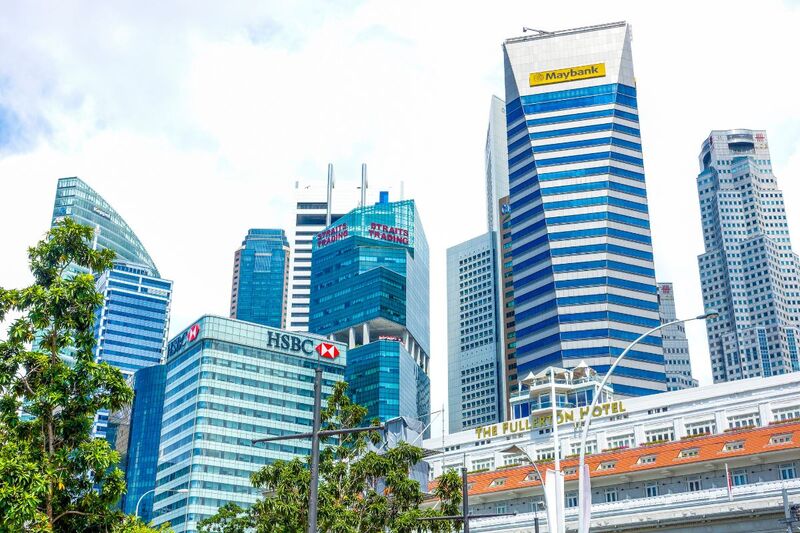Part 1: Understanding the Wage Satisfaction Crisis in Singapore
This article is part of a two-part series exploring wage satisfaction in Singapore. In this first part, we delve into the current situation, examining the reasons behind the widespread feeling of being underpaid among Singaporean employees. In the second part, we will discuss actionable strategies for both employers and employees to address these concerns and improve wage satisfaction.
In recent years, the issue of wage satisfaction has become increasingly prominent in Singapore. Despite the country's robust economic performance and overall wage growth, a significant portion of the workforce feels underpaid. This dissatisfaction is not only a concern for employees but also poses serious challenges for employers in terms of engagement and retention.
The Current Situation
According to ADP's People at Work 2024 report, 48% of employees in Singapore feel underpaid. This sentiment is higher than in other Asia-Pacific nations such as India (41%), Australia (42%), Japan (36%), and China (31%). This dissatisfaction is particularly alarming considering that nominal wages grew by 5.2% in 2023, and real wages saw a modest increase of 0.4%.
Several sectors have been hit particularly hard by this dissatisfaction. The Arts and Culture sector leads with 67% of employees feeling underpaid, followed by Professional Services (55%), and Architecture, Engineering, and Building (50%). This widespread sentiment of being underpaid is concerning as it can lead to a less engaged workforce and higher turnover rates, which ultimately impacts business performance.
Economic Context
Despite the growth in nominal and real wages, the slower economic expansion in 2023 has affected profitability for many establishments. The Ministry of Manpower (MOM) reported that while 82.1% of establishments were profitable in 2023, this was a slight decline from 2022. This decline in profitability has had a direct impact on wage increases, with fewer establishments able to provide raises.
The MOM's Report on Wage Practices 2023 highlighted that the proportion of establishments giving wage increases fell from 72.2% in 2022 to 65.6% in 2023. Moreover, there was an increase in the proportion of establishments that cut wages, from 5.2% in 2022 to 6.5% in 2023.
Employee Expectations
In light of these economic conditions, many employees have expressed a willingness to accept alternatives to salary increases. According to ADP, 44% of employees would be satisfied with a one-off bonus if a salary increase is not possible. Other preferred alternatives include additional days of annual leave (38%), one-off payments to help with the cost of living (34%), shorter work weeks (33%), and grocery or shopping vouchers (31%).
Seeking Your Next Career Opportunity?
Submit your CV — Our trusted Career Consultants will review your resume and contact you if we find a position that matches your profile!
OR
Looking to Hire?
Please fill in this Inquiry Form — our Recruitment Consultants will be in touch with you soon!
Disclaimer:
The information provided in our blog articles is intended for general informational purposes only. It is not a substitute for professional advice and should not be relied upon as such.
While we strive to provide accurate and up-to-date information, the ever-evolving nature of certain topics may result in content becoming outdated or inaccurate over time. Therefore, we recommend consulting with qualified professionals or experts in the respective fields for specific advice or guidance. Any actions taken based on the information contained in our blog articles are solely at the reader's discretion and risk. We do not assume any responsibility or liability for any loss, damage, or adverse consequences incurred as a result of such actions.
We may occasionally provide links to external websites or resources for further information or reference. These links are provided for convenience and do not imply endorsement or responsibility for the content or accuracy of these external sources. Our blog articles may also include personal opinions, views, or interpretations of the authors, which do not necessarily reflect the views of our organisation as a whole. We encourage readers to verify the accuracy and relevance of information presented in our blog articles and to seek professional advice when needed.
Your use of this website and its content constitutes acceptance of this disclaimer.
Reference Links:






